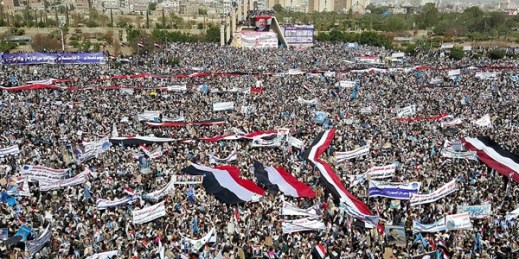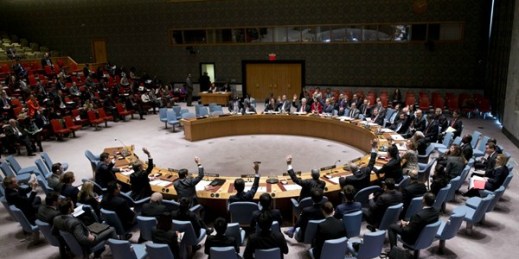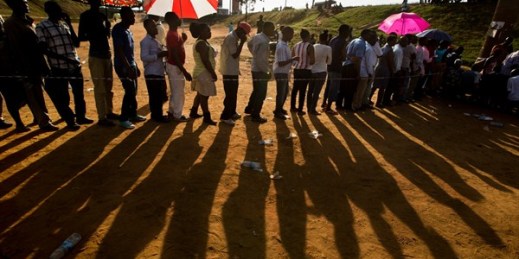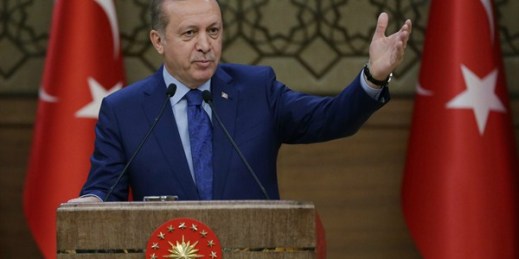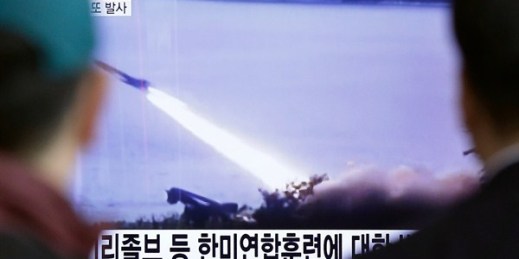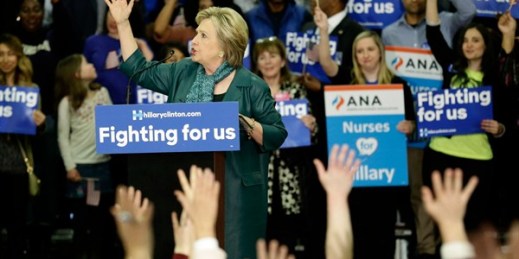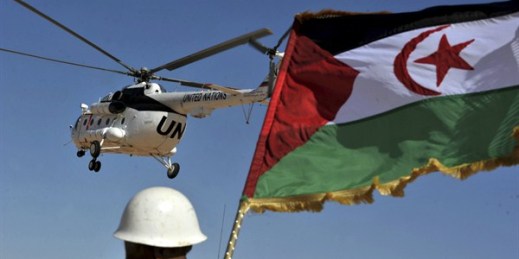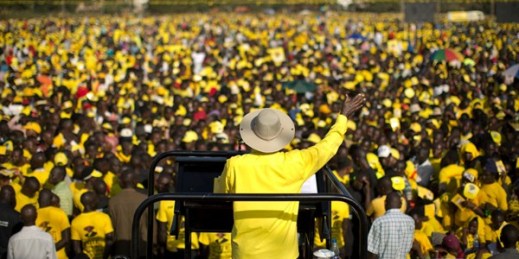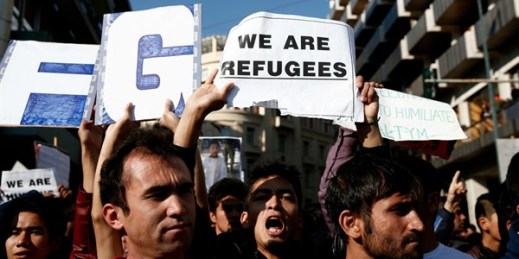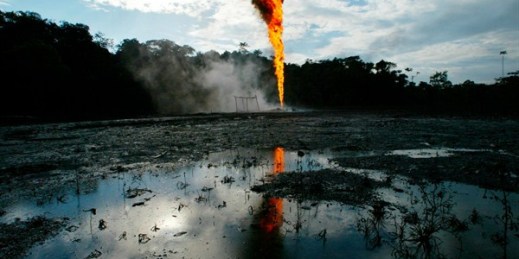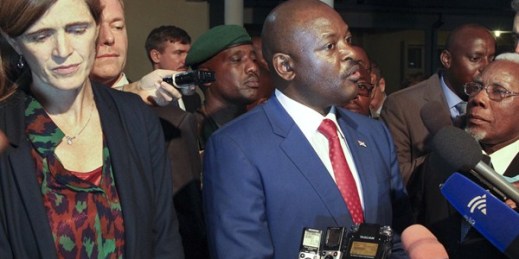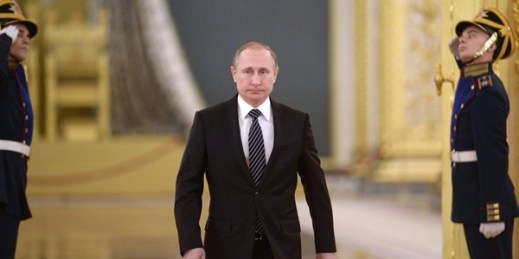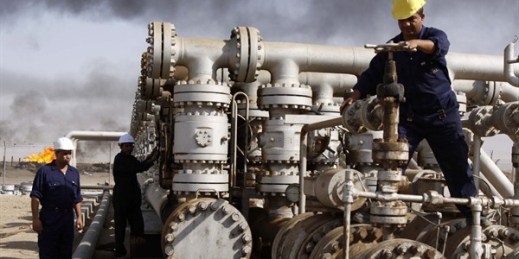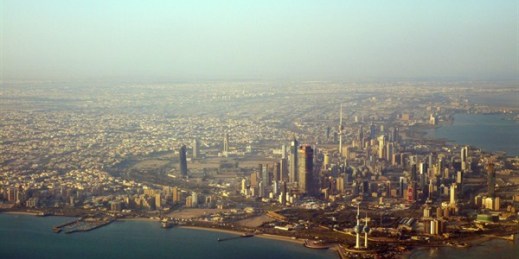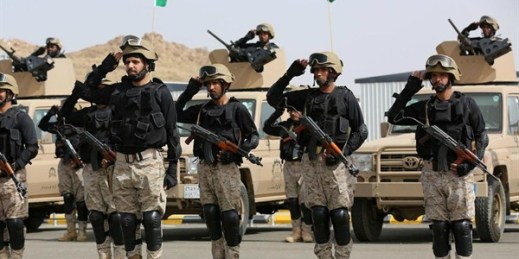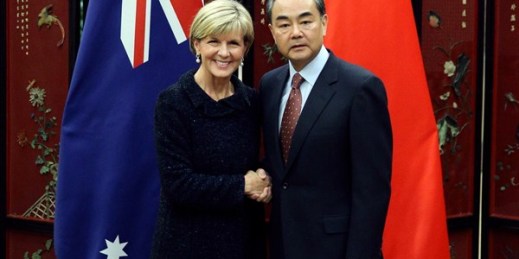
When it comes to foreign policy and the U.S. presidential campaign, everything seems to have turned upside down this year. Neoconservative, Republican hawks, from Max Boot to Bill Kristol, are apoplectic over the rise of Donald Trump, particularly his lack of ardor for military intervention, his supposed opposition to the Iraq War, and his calls for the U.S to pull back from its global security responsibilities. Some, like Boot, have gone so far as to say they won’t vote for the GOP frontrunner, while others have suggested that Trump’s focus on burden-sharing and having U.S. allies take on more global […]

